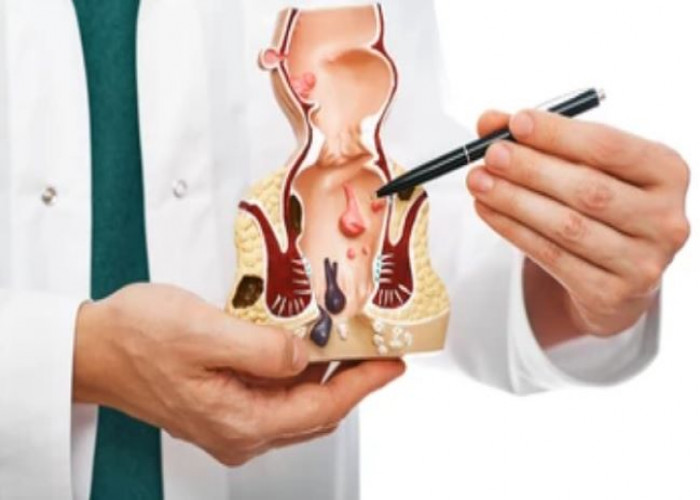 Welcome
Welcome
“May all be happy, may all be healed, may all be at peace and may no one ever suffer."
Anal fistula
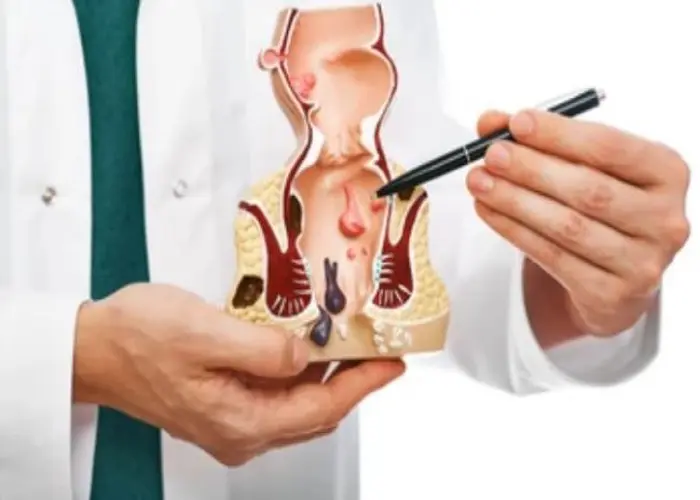
An anal fistula is a small tunnel that forms between the end of the bowel and the skin near the anus, causing pain and discomfort. It can develop as a result of an infection or injury in the anus, such as an abscess or a previous surgery.
Symptoms of an anal fistula can include pain or discomfort in the anal area, discharge of pus or blood from the anus, and recurrent abscesses in the anal area.
Diagnosis of an anal fistula typically involves a physical examination and review of the person's medical history, as well as imaging tests such as an MRI or CT scan to confirm the presence of the fistula.
Treatment for an anal fistula typically involves surgery to remove the fistula and repair any damage to the surrounding tissue. In some cases, a seton (a piece of surgical thread) may be placed through the fistula to help it heal from the inside out.
If you are experiencing symptoms of an anal fistula, it is important to see a healthcare provider for an accurate diagnosis and appropriate treatment. With proper care and treatment, most anal fistulas can be successfully treated and healed.
Research Papers
Disease Signs and Symptoms
- Swollen anus
- Anal fistula
Disease Causes
Disease Prevents
Disease Treatments
Disease Diagnoses
Disease Allopathic Generics
Disease Ayurvedic Generics
Disease Homeopathic Generics
-
Paeonia
6, 30 Shakti in one dose 3/4 times a day.
-
Hepar sulphur
3X Strength 1 dose 3 times a day.
-
Silicea
30, 200 strength 1 dose per day 4 times a day.
-
Causticum
3, 6, 30 strength.
-
Nitric acid
6, 30 strength.
-
Calcarea carbonica
3X strength.
-
China officinalis
Q, 30 power.
-
Aesculus hippocastanum
Q, 6, 30 power.
-
Graphites
6, 30 power.
-
Calcarea fluorica
3X, 6X, 12X strength as one dose 4 times a day.
-
Calcarea phosphorica
6X, 12X strength as one dose 4 times a day.
-
Calcarea sulphurica
6X, 12X strength as one dose 4 times a day.
Disease yoga
Anal fistula and Learn More about Diseases

Hay fever

Brain tumor
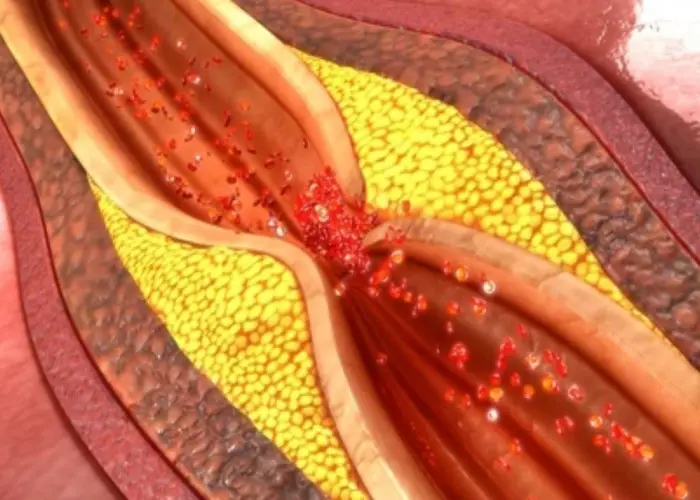
Coronary artery disease
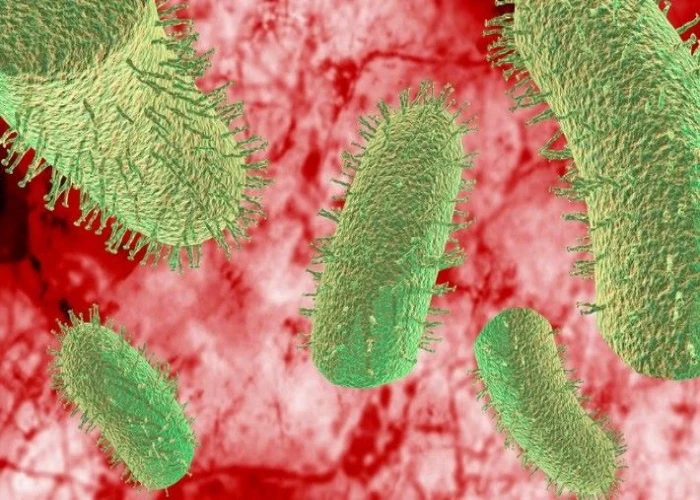
Rabies
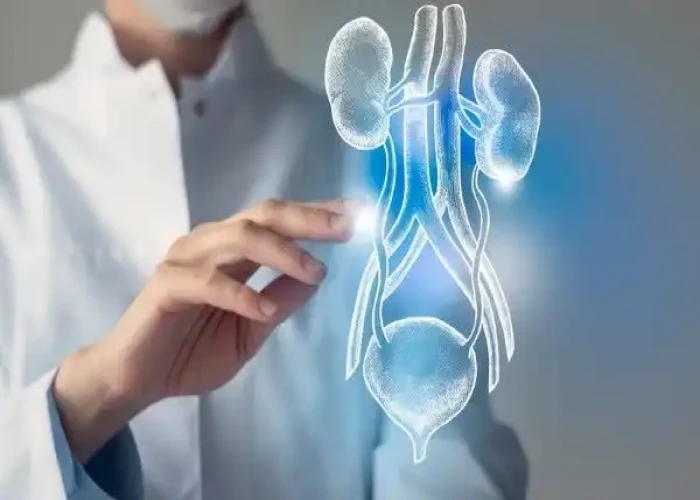
Urethral stricture
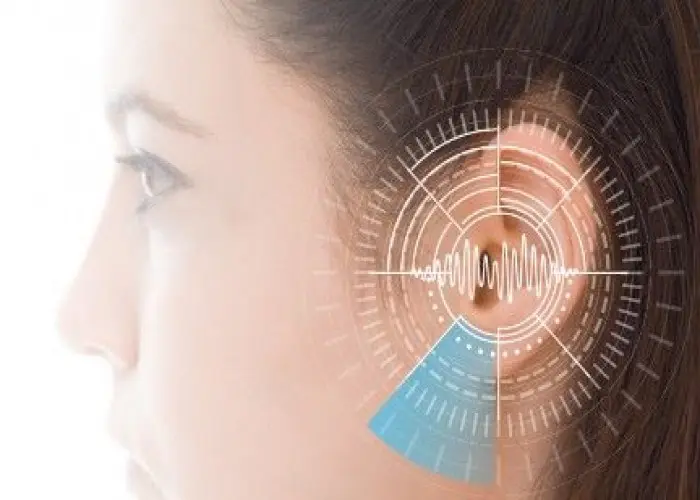
Hearing loss
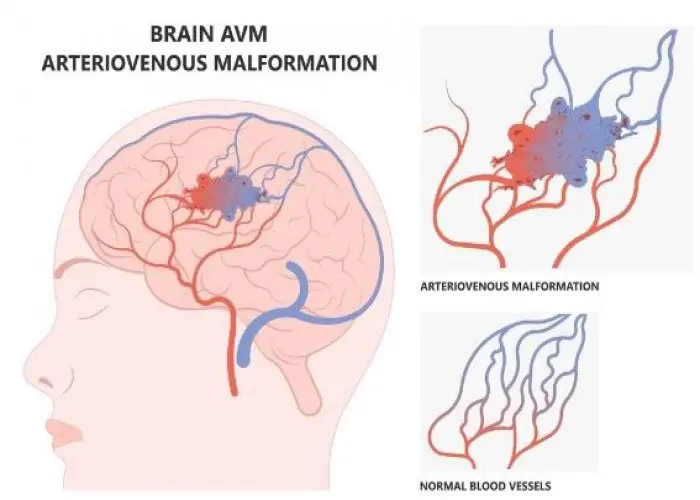
Dural arteriovenous fistulas
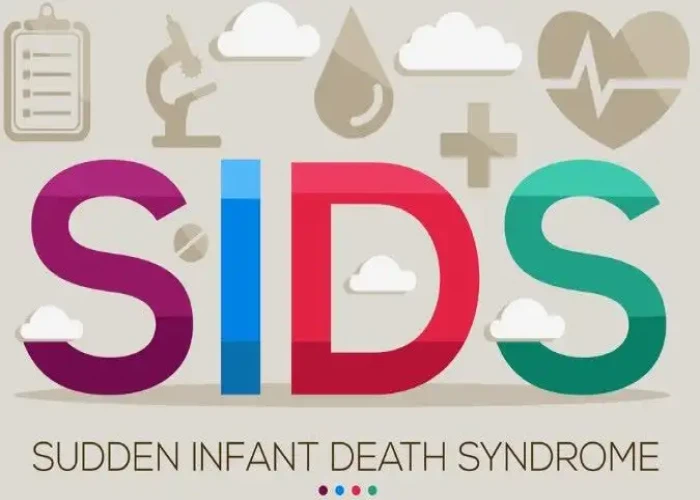
Sudden infant death syndrome (SIDS)
Anal fistula, Fistula perianal, Treatments for fistula, পায়ুসংক্রান্ত ফিস্টুলা
To be happy, beautiful, healthy, wealthy, hale and long-lived stay with DM3S.
